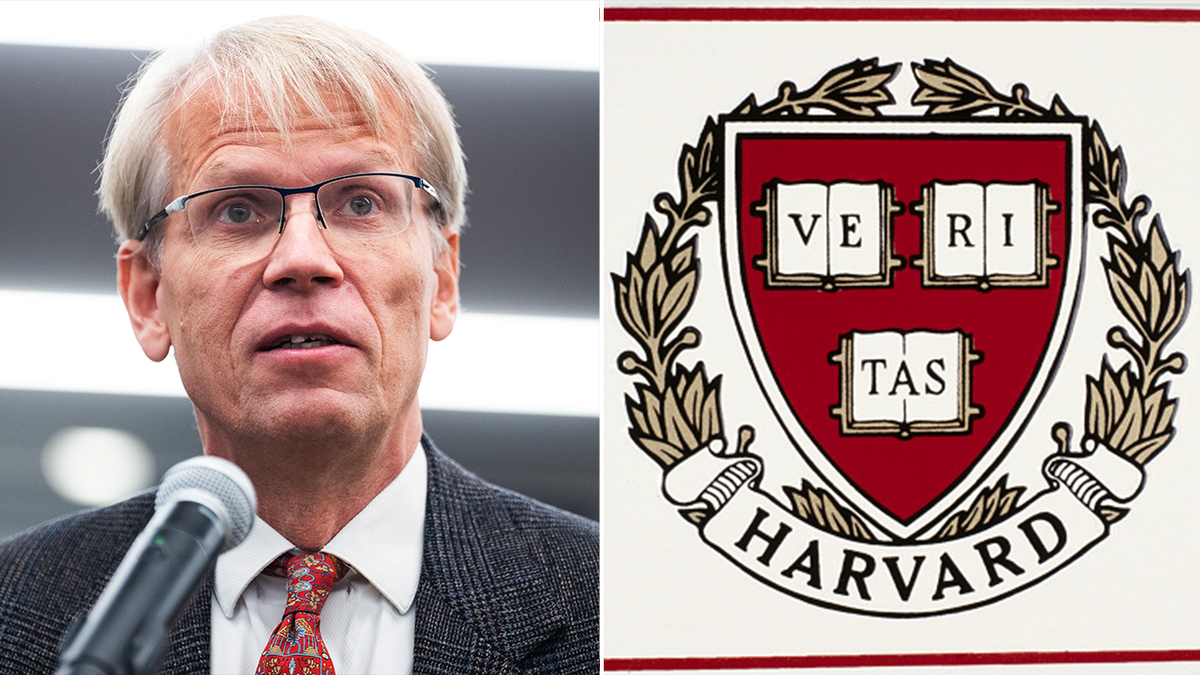A new research journal, the Journal of the Academy of Public Health (JAPH), has been launched by a group of scientists, including President Trump's nominees for the National Institutes of Health (NIH) and the Food and Drug Administration (FDA). The journal aims to foster open scientific discussion and address concerns about censorship in medical research, particularly regarding COVID-19.
The co-founders of JAPH include Dr. Jay Bhattacharya, Stanford professor and NIH nominee, and Martin Kulldorff, a founding fellow at Hillsdale College's Academy for Science and Freedom and former Harvard Medical School professor. Both gained prominence during the pandemic for their involvement with The Great Barrington Declaration, which questioned mainstream COVID-19 mitigation strategies. Dr. Marty Makary, Johns Hopkins surgeon and FDA nominee, serves on the journal's editorial board.

JAPH distinguishes itself by publishing peer reviews of notable studies from other journals that don't typically disclose their review process. This initiative seeks to stimulate scientific debate. The journal also champions open access, making its content freely available to the public without paywalls. This approach aims to prevent the suppression of research findings.
Martin Kulldorff highlighted the importance of open scientific discourse, noting that while traditional scientific journals have significantly contributed to scientific progress, they may now hinder open discussion. JAPH's model promotes open access and peer review, rewarding reviewers and enabling scientists to publish efficiently without unnecessary delays.

Kulldorff, Bhattacharya, and Makary have all voiced concerns about censorship of their COVID-19 perspectives, which often diverged from mainstream views on topics like vaccine efficacy, natural immunity, and lockdowns. They have testified before Congress about their experiences, alleging censorship by both government officials and Big Tech companies.

Andrew Noymer, JAPH's incoming editor-in-chief, emphasized the journal's commitment to open peer review and avoiding the suppression of unconventional ideas. He cited the lack of published research on the origins of SARS-CoV-2 as an example of how established orthodoxies can stifle scientific inquiry.
Comments(0)
Top Comments